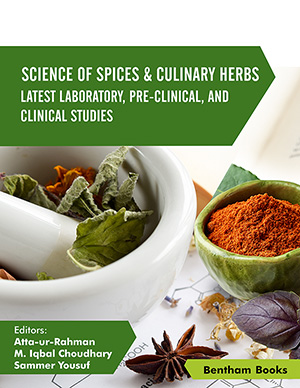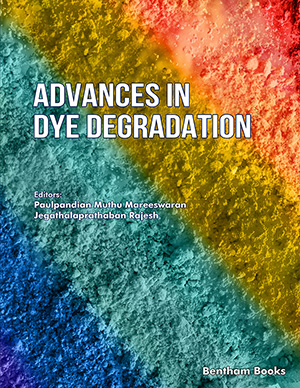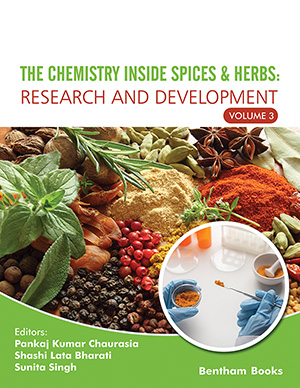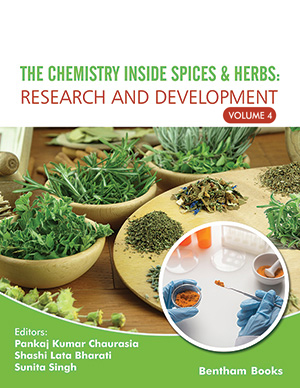
Abstract
Background & Objective: Barley is widely used as a major staple of human food and animal feed. Several antioxidant phenols are found in barely, which have scavenging properties. The present study aimed to assess the protective effects of barley seed against the oxidative damage of brain tissues in a scopolamine-induced memory impairment model.
Materials and Methods: In total, 32 male albino rats (mean weight: 250±10 g) were divided into four groups of saline (control), scopolamine, barley seed (100 mg/kg) with scopolamine, and barley seed alone. The spatial memory function was assessed using the Morris water maze.
Results: Compared to the scopolamine group, barley seed could decrease the escape latency time in the treated rats, while the time spent and distance traveled in the target quadrant on the probe trial increased. Moreover, barley seed could increase the malondialdehyde concentration in the hippocampus and cortical tissues, while the thiol content was observed to decrease.
Conclusion: According to the results, the use of dietary barley seed could improve the memory function in dementia associated with increased oxidative stress.
Keywords: Barley, scopolamine, memory, oxidative stress, malondialdehyde, antioxidant phenols, dementia.
The Natural Products Journal
Title:Effect of Barley Grain on Memory and Brain’s Oxidative Stress Factors in Male Rats
Volume: 11 Issue: 5
Author(s): Batool Shakiba-Jam, Azam Moghani, Marzieh Kafami*, Mahmoud Hosseini, Masoud Hosseinzadeh and Adel Naeimi
Affiliation:
- Non-Communicable Disease Research Center, Sabzevar University of Medical Sciences, Sabzevar,Iran
Keywords: Barley, scopolamine, memory, oxidative stress, malondialdehyde, antioxidant phenols, dementia.
Abstract:
Background & Objective: Barley is widely used as a major staple of human food and animal feed. Several antioxidant phenols are found in barely, which have scavenging properties. The present study aimed to assess the protective effects of barley seed against the oxidative damage of brain tissues in a scopolamine-induced memory impairment model.
Materials and Methods: In total, 32 male albino rats (mean weight: 250±10 g) were divided into four groups of saline (control), scopolamine, barley seed (100 mg/kg) with scopolamine, and barley seed alone. The spatial memory function was assessed using the Morris water maze.
Results: Compared to the scopolamine group, barley seed could decrease the escape latency time in the treated rats, while the time spent and distance traveled in the target quadrant on the probe trial increased. Moreover, barley seed could increase the malondialdehyde concentration in the hippocampus and cortical tissues, while the thiol content was observed to decrease.
Conclusion: According to the results, the use of dietary barley seed could improve the memory function in dementia associated with increased oxidative stress.
Export Options
About this article
Cite this article as:
Shakiba-Jam Batool , Moghani Azam , Kafami Marzieh *, Hosseini Mahmoud , Hosseinzadeh Masoud and Naeimi Adel , Effect of Barley Grain on Memory and Brain’s Oxidative Stress Factors in Male Rats, The Natural Products Journal 2021; 11 (5) : e061020186686 . https://dx.doi.org/10.2174/2210315510999201006200857
| DOI https://dx.doi.org/10.2174/2210315510999201006200857 |
Print ISSN 2210-3155 |
| Publisher Name Bentham Science Publisher |
Online ISSN 2210-3163 |
 22
22
- Author Guidelines
- Graphical Abstracts
- Fabricating and Stating False Information
- Research Misconduct
- Post Publication Discussions and Corrections
- Publishing Ethics and Rectitude
- Increase Visibility of Your Article
- Archiving Policies
- Peer Review Workflow
- Order Your Article Before Print
- Promote Your Article
- Manuscript Transfer Facility
- Editorial Policies
- Allegations from Whistleblowers
Related Articles
-
Early Stage Identification of Alzheimer’s Disease Using a Two-stage Ensemble Classifier
Current Bioinformatics A Direct Interaction Between Mitochondrial Proteins and Amyloid-β Peptide and its Significance for the Progression and Treatment of Alzheimer’s Disease
Current Medicinal Chemistry Exploring Molecular Approaches in Amyotrophic Lateral Sclerosis: Drug Targets from Clinical and Pre-Clinical Findings
Current Molecular Pharmacology Poly(ADP-Ribose)Polymerase 1 (PARP-1) Activation and Ca<sup>2+</sup> Permeable α-Amino-3-Hydroxy-5-Methyl-4-Isoxazolepropionic Acid (AMPA) Channels in Post-Ischemic Brain Damage: New Therapeutic Opportunities?
CNS & Neurological Disorders - Drug Targets Prion Disease: A Deadly Disease for Protein Misfolding
Current Pharmaceutical Biotechnology Ionotropic Glutamate Receptors & CNS Disorders
CNS & Neurological Disorders - Drug Targets The State of the Problem of Achieving Extremely Low LDL Levels
Current Pharmaceutical Design Preparation and Characterization of Methylene blue Nanoparticles for Alzheimer's Disease and Other Tauopathies
Current Drug Delivery Impaired Insulin Sensitivity and Secretion in Patients with Alzheimer’s Disease: The Relationship with Other Atherosclerosis Risk Factors
Current Vascular Pharmacology Vaccination of Older Adults with Dementia Against Respiratory Infections
Infectious Disorders - Drug Targets Bioactivity of Chitosan and Its Derivatives
Current Organic Chemistry The Role of P-glycoprotein in Cerebral Amyloid Angiopathy; Implications for the Early Pathogenesis of Alzheimers Disease
Current Alzheimer Research Synthesis and Biological Activities of Naturally Functionalized Polyamines: An Overview
Current Medicinal Chemistry Cerebroprotective Functions of HO-2
Current Pharmaceutical Design Alzheimers Disease - An Interactive Perspective
Current Alzheimer Research Cholinergic Treatment of Traumatic Brain Injury
Current Drug Therapy A Perspective to the Correlation Between Brain Insulin Resistance and Alzheimer: Medicinal Chemistry Approach
Current Diabetes Reviews A Randomized, Double-Blind, Placebo-Controlled Trial of Two Doses of Ginkgo Biloba Extract in Dementia of the Alzheimers Type
Current Alzheimer Research Patent Selections
Recent Patents on Biotechnology Accurate and Unbiased Quantitation of Amyloid-β Fluorescence Images Using ImageSURF
Current Alzheimer Research



























